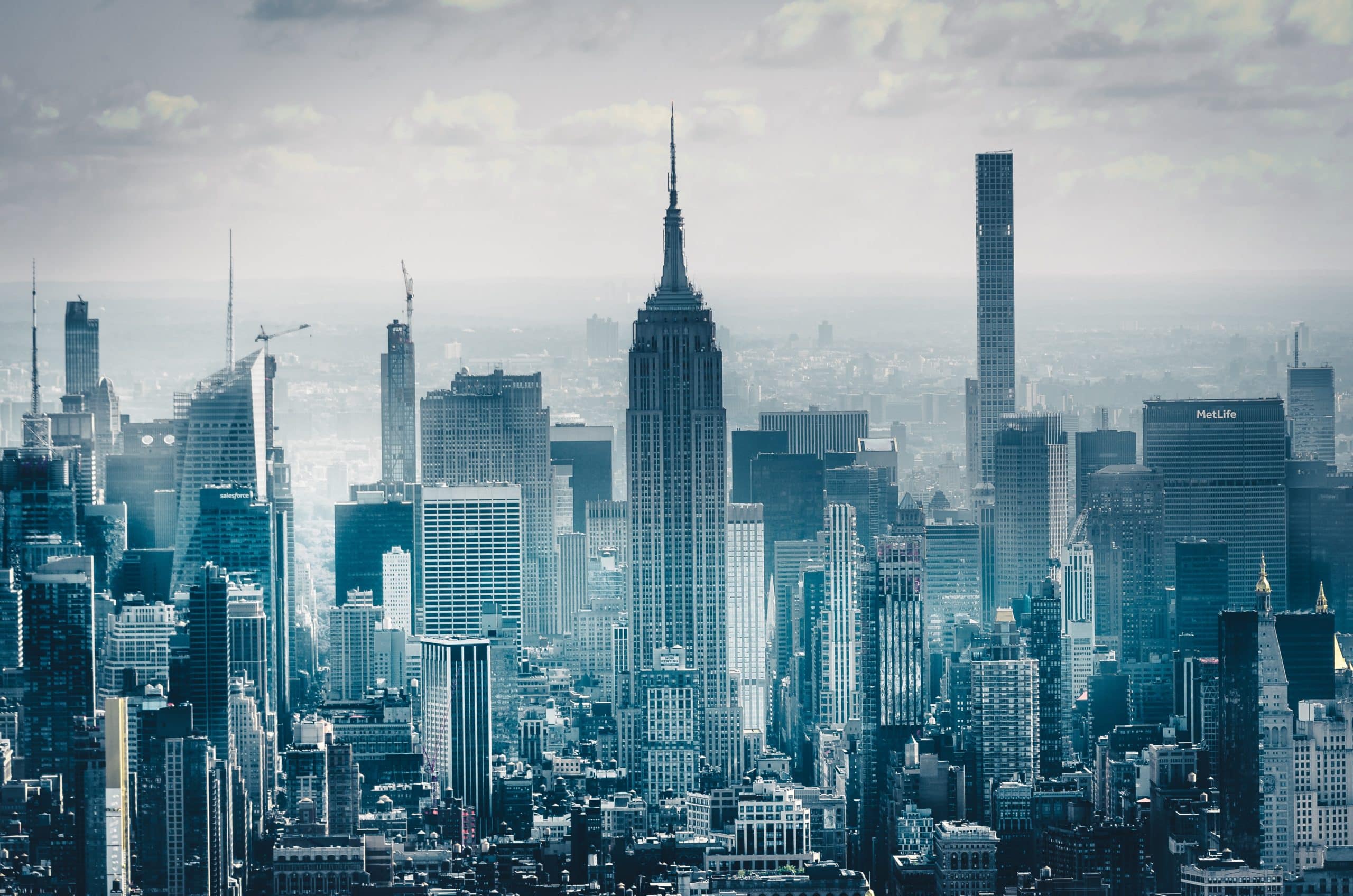American hedge funds who have dealt with crypto exchange Binance are now being questioned by federal prosecutors.
In a Jan. 7 report from The Washington Post, sources with knowledge of the matter disclosed that the U.S. Attorney’s office for the Western District of Columbia has subpoenaed hedge funds, asking them to hand over records of their communications with Binance. The subpoenas were reportedly issued as part of a wider legal probe into the firm.
Binance’s chief strategy officer Patrick Hillmann declined to comment on the status of any active investigation in an interview with the publication, but said that the crypto exchange was in talks with “virtually every regulator across the globe on a daily basis.”
Last month, Reuters reported that the prosecutors with the U.S. Department of Justice believed they had sufficient evidence to charge Binance executives, including CEO Changpeng Zhao, with criminal sanctions violations and money laundering charges. The report stated that prosecutors had discussed potential plea deals with Binance’s legal counsel.
Binance refuted the Reuters report on Twitter, calling it an attack on its law enforcement team.
Reuters has it wrong again.
Now they're attacking our incredible law enforcement team. A team that we're incredibly proud of – they've made crypto more secure for all of us.
Here’s the full statement we sent the reporter and a blog about our remarkable law enforcement team.
— Binance (@binance) December 12, 2022
A spokesperson for Binance said that the firm had “no insight into the inner workings of the US Justice Department.”
“In the span of a year, our security and compliance team — much to the dismay of the criminals out there — has increased its headcount by more than 500%,” wrote Tigran Gambaryan, Binance’s VP of Global Intelligence and Investigations, in a Dec. 12 blog post.
Still, added scrutiny from regulators is something that Binance’s Zhao anticipated. Speaking at the Indonesia Fintech Summit 2022, he said that the effects of FTX’s implosion was something that would be felt by the industry in the years to come.
“I think basically we’ve been set back a few years now. Regulators rightfully will scrutinize this industry much, much harder, which is probably a good thing, to be honest,” said Zhao.



